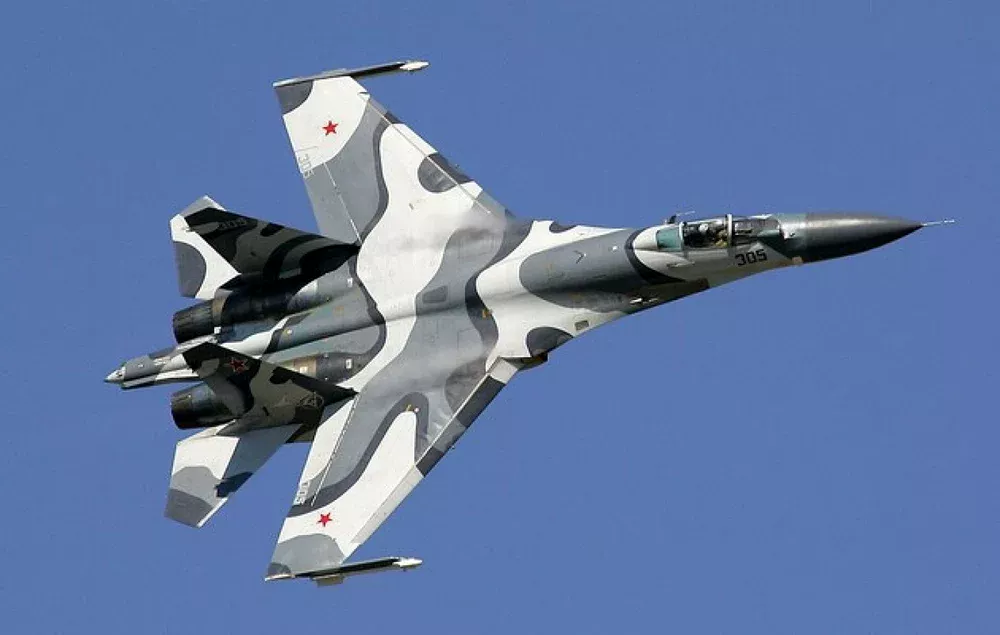Western countries could exploit the weak points in the supply chains of the Russian aerospace industry, particularly through tightening sanctions, as Ukraine targets Moscow’s industrial infrastructure, according to a new report published by the Royal United Services Institute (RUSI), a British think tank specializing in security and defense.
The analysis, signed by Jack Watling and Nikolay Staykov, shows that despite the considerable size of its defense industry, Russia remains “heavily dependent” on imported materials and components to maintain its production of fighter aircraft. This dependence makes it “vulnerable” to delays and blockages that could be caused by additional sanctions, the authors note, as quoted by Newsweek.
Dependency hidden behind air power
Since the beginning of the large-scale invasion of Ukraine, Russia has heavily relied on its air forces. Although air strikes have caused significant damage in Ukraine, Western observers have noted underperforming results from Russian aviation, which has avoided major losses compared to ground troops.
The center of Russian military aircraft production is the Sukhoi design bureau, responsible for aircraft such as the Su-30, Su-34, Su-35S, and Su-57, the latter being promoted by the Kremlin as a “stealth” fifth-generation fighter. Sukhoi Company was integrated into United Aircraft Corporation (UAC) in 2022, as part of a consolidation process of the defense industry.
Sanctions with strategic effect
The RUSI report emphasizes that Russia has difficulties in replacing imported components and materials, and in some areas, its dependence has even increased. Countries that previously bought Russian aircraft, such as India, have turned to Western alternatives, purchasing Rafale aircraft from France.
“NATO members need to redefine their competitive offer for markets that will soon replace aging fighter aircraft fleets,” the authors note.
Details, HERE

